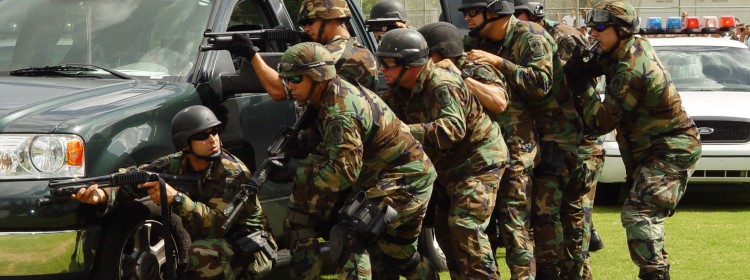If you’re arranging an event overseas, plan for everything that could conceivably go belly-up – before you get on the plane, train, automobile or ship. That’s the heartfelt advice from Australia’s Department of Foreign Affairs and Trade (DFAT).
In an interview with The Siteseer in March, a DFAT spokesperson outlined fresh crisis planning guidelines for events organisers. And PCOs ignore them at their peril, she warns, pointing to instances in which operators have failed to do due basic diligence – in their planning or when considering how to respond to crisis situations effectively – with dire consequences.
At worst these situations can lead to employees and clients being left to fend for themselves in dangerous situations. Equally as bad, the damage to reputation caused by the performance of personnel when plans are derailed in a crisis can put the business’s existence in jeopardy, she says. “A mishandled crisis response can severely impact a company’s reputation.”
 On the other hand, good planning and a willingness to communicate and act decisively can help. The spokesperson points to a tour operator in Africa who was involved in an incident that resulted in injuries and fatalities. Awful as it was, it could have been even worse. The operators’ staff took full responsibility for managing the situation – liaising with family members, monitoring their clients’ treatment and organising transfers to better equipped hospitals as soon as possible.
On the other hand, good planning and a willingness to communicate and act decisively can help. The spokesperson points to a tour operator in Africa who was involved in an incident that resulted in injuries and fatalities. Awful as it was, it could have been even worse. The operators’ staff took full responsibility for managing the situation – liaising with family members, monitoring their clients’ treatment and organising transfers to better equipped hospitals as soon as possible.
“They were able to respond quickly as they knew local emergency response arrangements and understood their limitations,” says the DFAT spokesperson. “And one of the key elements that facilitated the speed of their response was the mandatory requirement for their clients to have travel insurance.”
The tour company had good communication links with key people and had developed strong relationships with insurance providers so they were able to liaise with them quickly and effectively for support. They’d also established a direct line of contact with the Australian embassy. This strategy meant stakeholders were kept informed at all times, and they released media statements early, outlining the action they’d taken, which helped provide comfort.
The story demonstrates, yet again, that events planners need to know who to contact on the ground locally and in Australia if a crisis unfolds. Establish clear lines of communication that are clearly understood ahead of time – as well as backup options if a crisis results in communication “outages,” the spokesperson advises.
“The greatest value of contingency management isn’t only gained from the final plan, but also from the process of developing it. It allows the organisation to consider risks, how they’ll mitigate them and how they’ll respond, and importantly, to test their assumptions. [It means] employees will have a better understanding of response arrangements and what their roles are in a crisis.
“In our experience [when interacting with companies], it becomes immediately evident which organisations have embedded crisis response planning in their day-to-day business activities.”
 DFAT provides up-to-date practical advice through its Smartraveller website, smartraveller.gov.au, and there’s a specific page for business travellers.
DFAT provides up-to-date practical advice through its Smartraveller website, smartraveller.gov.au, and there’s a specific page for business travellers.
“All travel carries risks, even short-term travel to familiar overseas locations for meetings and conferences,” she adds. “Businesses should develop well-considered emergency plans based on an all-hazards approach that takes into account the full range of scenarios that could affect their employees and clients.
“I encourage MICE organisers to subscribe to the Smartraveller business travellers page and keep themselves informed.”




